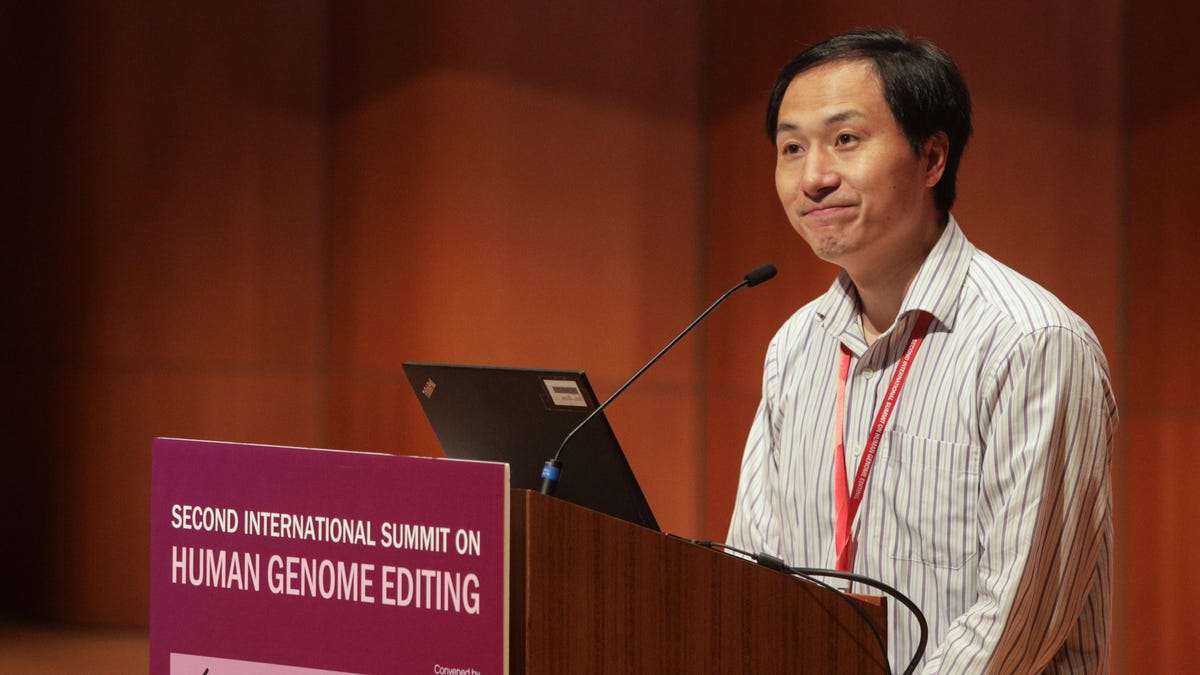Resurgence of Controversial Genetic Engineering Research
Following his release from prison, Chinese scientist He Jiankui has resurfaced in the field of human genetic engineering. Renowned for his involvement in the creation of the world’s first genome-edited babies, He Jiankui recently disclosed in an interview that he has resumed his work in this cutting-edge field. Despite the ethical storm that ensued due to his past actions, He Jiankui insists that his latest experiments adhere to the highest ethical standards and vows not to engage in further modifications of human embryos.
Controversial Past
In November 2018, at a global scientific conference, He Jiankui made headlines by revealing the gene editing of human embryos, aimed at conferring immunity to HIV. The controversial experiment involved successfully implanting the modified embryos into female volunteers, leading to the birth of twin girls named Lulu and Nana. Subsequent investigations by Chinese authorities revealed that He had violated numerous ethical standards and laws in his pursuit of genome editing in humans. These violations included forging blood test results to enable the use of HIV-positive male volunteers for assisted reproduction.
Despite facing potential severe consequences, He Jiankui received a three-year prison sentence in 2019, which he completed in 2022. This watershed moment highlighted the ethical dilemmas and legal repercussions associated with human genetic engineering.
Resumption of Research
In a recent interview with Japanese news outlet The Mainichi, He Jiankui affirmed his return to research in human genome embryo editing. With operations spanning three laboratories, He is focusing on developing potential treatments for rare genetic disorders like Duchenne muscular dystrophy and inherited Alzheimer’s disease. Emphasizing adherence to domestic and international guidelines, He Jiankui expressed a commitment to utilize discarded human embryos in his research.
Reflecting on his past actions, He Jiankui acknowledged that his previous experiments were rushed, but he maintains confidence in the safety and effectiveness of his work. Notably, the children born from his previous experiments have reportedly shown no signs of health complications or unintended genetic alterations.
While He Jiankui insists that he will refrain from creating more genetically modified humans, he envisions a future where society will embrace genetic engineering. By remaining steadfast in his belief that his work contributes to the well-being of families seeking healthy offspring, He Jiankui continues to navigate the ethical complexities of genetic research.
Image/Photo credit: source url





